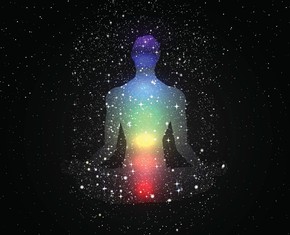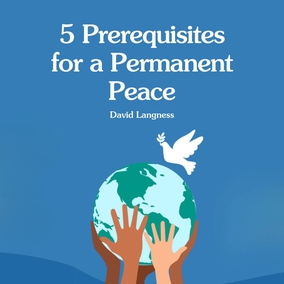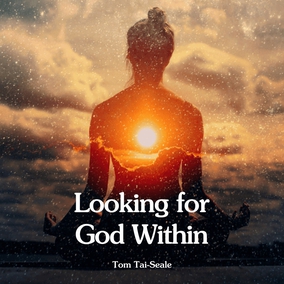The views expressed in our content reflect individual perspectives and do not represent the authoritative views of the Baha'i Faith.
…knowledge is figuratively described as light, and ignorance as darkness. – Abdu’l-Baha, Some Answered Questions, newly revised edition, p. 94.
The Baha’i teachings describe materialism as a force of darkness, but what is materialism and what is meant by darkness? One expression of materialism involves how much energy we channel into buying and selling things. Another involves how easily those who appeal to our appetites and lower nature can direct our behavior. Both of these stem from a fundamental misunderstanding of reality—the false idea that only what we can physically sense is real:
One of the strangest things witnessed is that the materialists of today are proud of their natural instincts and bondage. They state that nothing is entitled to belief and acceptance except that which is sensible or tangible. By their own statements they are captives of nature, unconscious of the spiritual world, uninformed of the divine Kingdom and unaware of heavenly bestowals… – Abdul-Baha, The Promulgation of Universal Peace, p. 177.
The human spirit penetrates the mysteries of the natural world, and discovers realities that go far beyond the sensible. We can harness electricity and put it in a lamp. We can communicate across the world through a wire. Through the exercise of the intellect, aspects of reality that were formally unknown emerge into consciousness—and in the process, prove that reality exists far past the limited range of our outward senses. In fact, we’ve discovered and uncovered the great mysteries of life through the power of the human spirit. We harness those mysteries to make human life transcend the natural world:
[Man] discovers latent realities within the bosom of the earth, uncovers treasures, penetrates secrets and mysteries of the phenomenal world and brings to light that which according to nature’s jealous laws should remain hidden, unknown and unfathomable. Through an ideal inner power man brings these realities forth from the invisible plane to the visible. – Ibid.
Abdu’l-Baha goes on to explain that:
Love, likewise, is an intelligible and not a sensible reality. For the ear does not hear those realities, the eye does not see them, the smell does not sense them, the taste does not detect them, the touch does not perceive them. …heat, light, electricity, and magnetism, is an intelligible and not a sensible reality. Likewise, nature itself is an intelligible and not a sensible reality; the human spirit is an intelligible and not a sensible reality. – Abdu’l-Baha, Some Answered Questions, newly revised edition, pp. 93-94.
Just like a plant seeks and grows toward the light of the sun, our inner spirits seek a source of illumination. Abdul-Baha says that those who have followed superstitions of the past have become “negligent of the reality that unifies” and have “taken away the heavenly light of divine truth and sit in the darkness of imitations and imaginations.” This blind imitation of past traditions, as well as the materialist assumption that only that which is sensible is real, can only lead to darkness. Illumination seems to come from seeking and understanding reality, in both its sensible and intelligible aspects.
















Comments
Sign in or create an account
Continue with Googleor